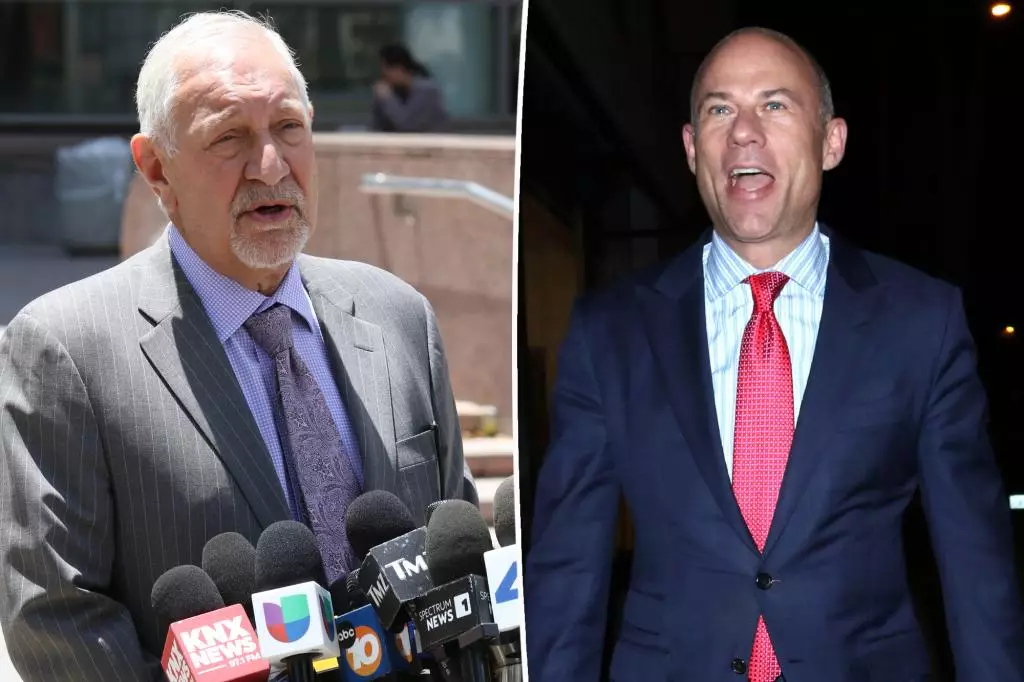In the high-stakes world of legal affairs, reputation often seems invincible—until the veneer cracks. Mark Geragos, once celebrated for his aggressive defense tactics and high-profile clientele, now faces a sobering reminder that no amount of courtroom bravado can fully shield a lawyer from the ethical repercussions of their actions. The recent civil verdict against him underscores a vital truth: even the most formidable attorneys are vulnerable when they betray foundational principles of loyalty and integrity. His involvement—allegedly providing “knowingly substantial assistance” to Michael Avenatti—raises profound questions about the perils of moral compromise in pursuit of victory.
The Consequences of Ethical Lapses in Legal Practice
Legal mastery can be undermined by a single breach of conduct. Geragos’s case exemplifies how complicity in a client’s misconduct, especially when rooted in malicious intent like blackmail, can tarnish a reputation that took years to build. The jury’s findings that Geragos breached loyalty standards reveal a crucial lesson: the boundaries of ethical practice are not merely formalities but the bedrock of professional credibility. The civil verdict, which resulted in a $100,000 penalty, might seem modest compared to the legal storm brewing around Avenatti’s criminal accusations, but it is a stark indication that civil liability can strip away any illusions of immunity from ethical violations.
The Power of Accountability and Public Perception
The legal community often portrays itself as a bastion of justice, but cases like Geragos’s illuminate the ongoing tension between reputation, accountability, and public perception. A statement from Geragos’s representatives claiming the verdict as a near “vindication” seems dismissive of the seriousness of the findings. Yet, the reality remains that, in the court of public opinion, integrity is the most valuable currency. The verdict serves as a warning: no matter how prestigious one’s career, turning a blind eye to misconduct diminishes trust and invites scrutiny.
The Broader Implications for Legal Ethics
This case acts as a clarion call for legal professionals to reassess their boundaries and reaffirm their commitment to ethical standards. The temptation to associate with flamboyant clients or engage in questionable tactics can cloud judgment. For Geragos, the judgment signifies more than a financial penalty; it highlights the critical importance of unwavering ethical vigilance. This isn’t just about justice for Franklin but about preserving the moral fabric of legal practice itself. Falling from grace serves as a stark reminder: true influence in law stems from trust, not notoriety.
Reflections on Justice and Professional Responsibility
While some may interpret the verdict as a technical setback, it ultimately emphasizes a vital message—accountability is unavoidable. Lawyers wield significant power, and with that power comes immense responsibility. Geragos’s case illustrates that even seasoned attorneys must operate within the boundaries of honesty and loyalty. The legal profession’s integrity depends on strict adherence to these principles, lest it become riddled with scandals that undermine public faith. A professional’s reputation, much like justice itself, hinges on consistency, transparency, and a relentless pursuit of moral excellence.

Leave a Reply